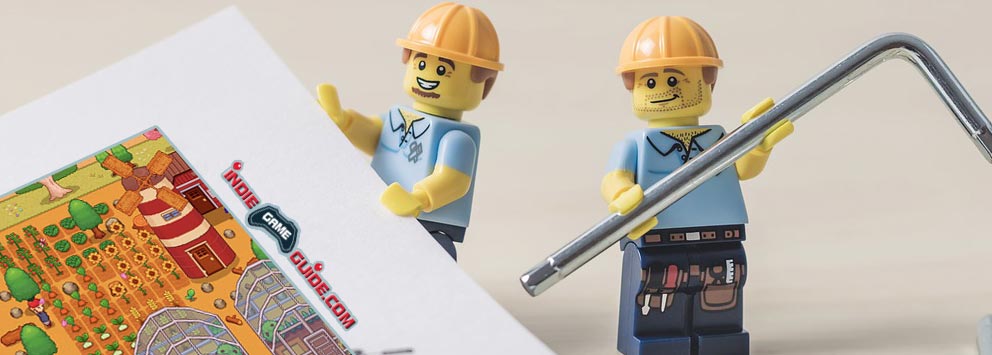Before we get started on the key steps you’ll need to take to turn your game from a concept into a playable product, be clear of your intentions. Unfortunately, the harsh reality is most games do not make a lot of money. You might not make any money. You might not even finish building your game! Expert voices around the industry advise the project should be a labor of love.
Idea
First of all you will need an idea for your game. What kind of gameplay do you want to create? What kind of experience do you want your players to get from your game? And why will yours be better or different from games that already exist? With a massively saturated market it’s probably a good idea to find your niche. Don’t follow the pack unless you are already an experienced game developer who can make something better. Let’s assume you have an absolute killer idea in mind and you’re ready to move to the next step.
Framework
You’ll need an engine or a framework to build your game on. Popular choices are Unity, Unreal, Godot, Game Maker Studio 2, and Construct. The type of engine you should choose will depend on the type of game you are trying to create. You can often use a demo version before fully committing to see if it will work for you. There are also a vast amount of helpful tutorials out there. So even if coding is new to you there is help available!
Prototype & Artwork
Build a simple prototype for your game. You want this to be the framework for how the game functions. You can learn how to create pixel art assets from online resources. There are loads of tutorials on YouTube that can help you. Again, even if you are not an amazing artist this shouldn’t be an obstacle on your journey. You can hire a freelance or full time artist to work on your project. Don’t spend too much time, money and energy until you are sure the gameplay is how you want it to avoid having to redo work or wasting artwork that no longer fits with your story or gameplay.
Completion
Many games never get completed, so it’s a good idea to start out small and simple. It takes practice and discipline to stick to the demands of a project. Indie game development requires a lot of perseverance and problem solving. There are costs, human resources, and marketing plans to consider. You’ll also need some business acumen to get your game in front of an audience. Perhaps you will require investors to give you financial backing and they will want to see a detailed business plan. Whatever happens, even if the game fails, you will learn a lot. Not only will you learn by doing but you will learn from your mistakes.

